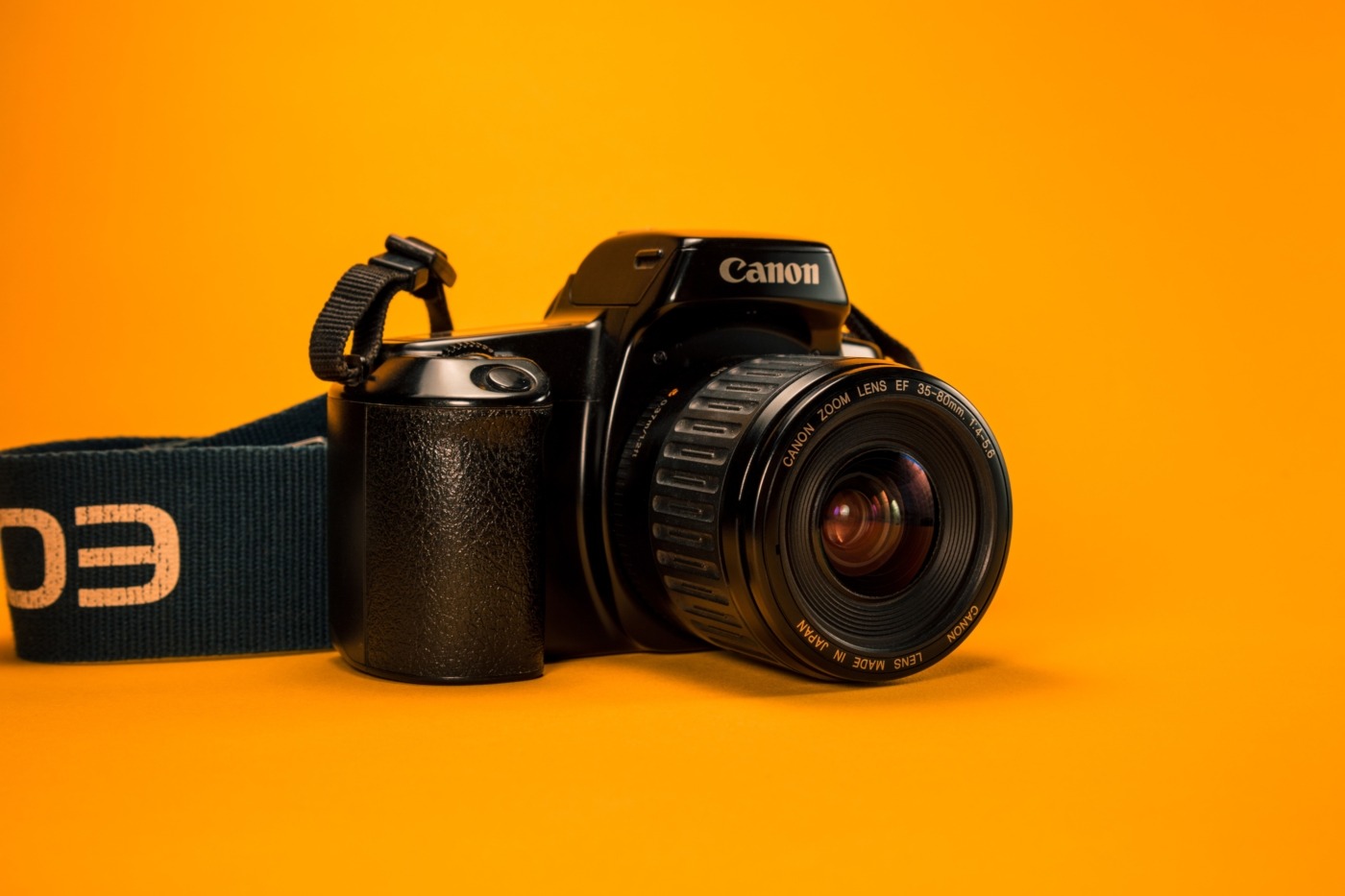Student filmmaking: where to start?
When it comes to making films as a student, there’s plenty more opportunity than you might think. From easy shortcuts to take and pitfalls to avoid, here’s a brief rundown of useful information if you’re looking to get into amateur filmmaking.
Make sure you have a solid script to work with, but it doesn’t have to be the next Shawshank Redemption. Even the most simplistic and short of scripts can be effective as long as it’s entertaining, interesting and brings a story full circle. It doesn’t even have to be something that you’ve written yourself, which brings me to my next piece of advice.
Don’t be afraid to start small
Look out for opportunities – you don’t necessarily need your own script to get involved in the filmmaking process. I’m not a writer, but I’ve learned so much from taking on directing, producing and tech roles, and even just standing around during filming and watching other people work. My first ever experience with filmmaking was directing somebody else’s short film and whilst I enjoyed it, I wasn’t expecting so much weight to be put on my shoulders. I felt like I was in charge of absolutely everything and everyone on shooting day, and having no prior experience on a film set meant it was a daunting experience. Don’t be afraid to start small.
Understand the different roles involved in filmmaking. For example, if you’re directing, you’ll need to keep a close eye on your camera, light and sound people. If you’re a producer, supervisor or a runner, the same applies. Every role has multiple elements, so keep on top of your responsibilities.
On a budget, the most important things to keep in mind is having audible sound and being able to see what’s happening on screen
In terms of equipment, it really is up to you on what you want to use. Don’t worry about getting the most expensive camera on the market if you’re planning to shoot simple shots. What’s more important than the equipment itself is knowing the capabilities and limitations of whatever you decide to use. There have been award-winning films shot on the most basic and accessible of camera equipment – GoPros, old camcorders, even iPhones. On a budget, the most important things to keep in mind is having audible sound and being able to see what’s happening on screen – your audience are far more likely to notice these things than notice how symmetrical your shot is, or how many fairy lights you’ve managed to Sellotape to your wall for the bedroom shot (two things that I’m guilty of). Substance is important, but so is quality.
Join writer/filmmaker groups and societies. Whether you’re considering taking up filmmaking as a profession or you just want local or amateur opportunities, then talking to like-minded individuals really does help. Whether it’s a writers’ drop-in in your local theatre or community centre or just a Facebook group, always try to broaden your network of contacts. Also, really make the most of being a student. BFT Film Productions is Warwick’s biggest filmmaking society, and they run competitions and socials as well as providing opportunities and equipment for independent filmmaking projects. The best way to get involved in filmmaking is to meet other filmmakers. Especially when starting out, there is plenty to learn from others with more experience.
It’s frustrating to know that you have limitations as a student filmmaker, but at the end of the day, everyone has to start from somewhere
Enter short-filmmaking competitions, showcases and festivals. Most competitions tend to have a theme around which to build your film – it could be a buzzword, a genre or a prompt question. Even if you don’t end up entering them, keep an eye out for the ideas that they promote and make a note of these – they could serve as the inspiration for your next masterpiece!
Finally, go to film festivals and amateur showcases when you get the opportunity. It’s a great chance to see quality films made from limited budgets and basic equipment, and a fantastic motivator to encourage you to reach similar heights.
It’s frustrating to know that you have limitations as a student filmmaker, but at the end of the day, everyone has to start from somewhere. The best filmmakers make the most of these limitations, and they strive to innovate with what they have. All you need is a passion for doing it.

Comments